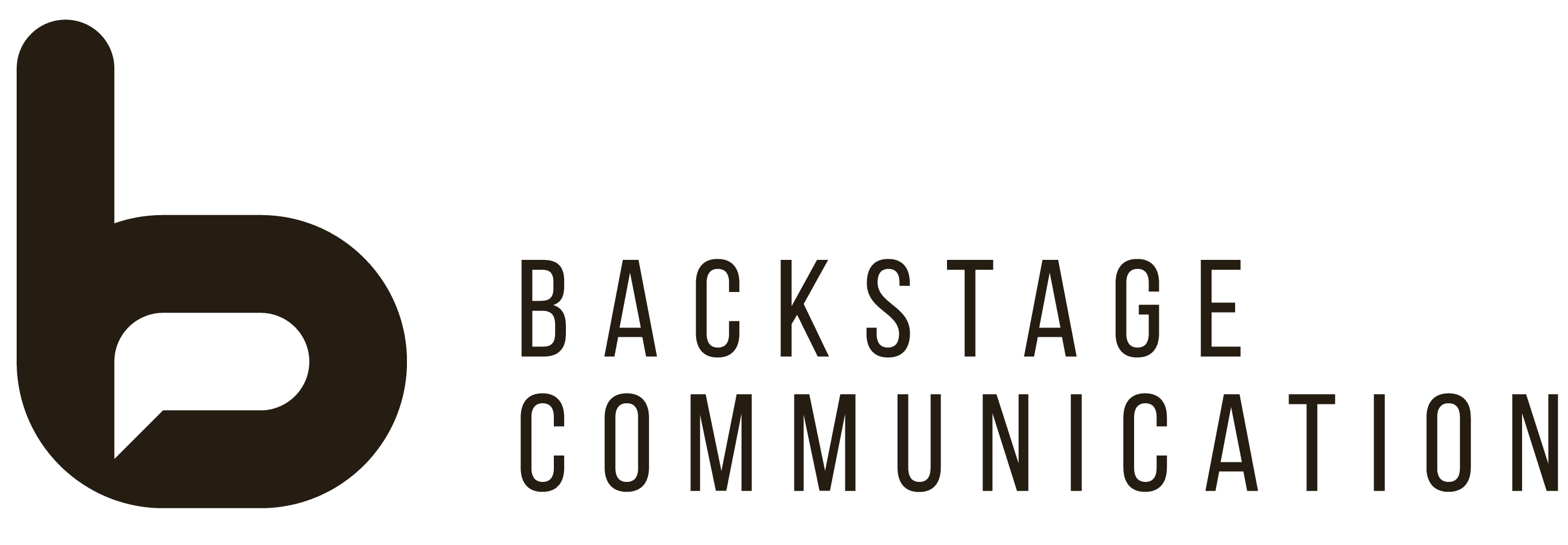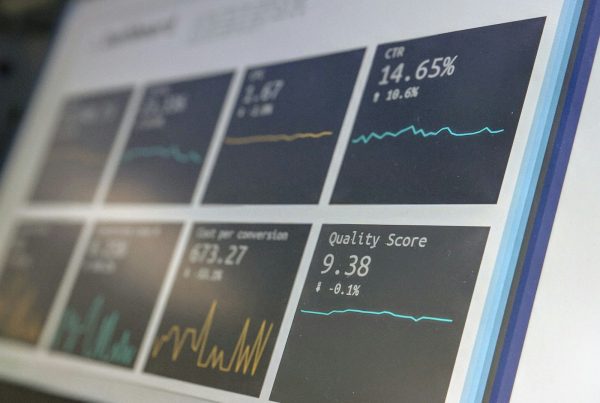Introduction: The Changing Nature of Visibility
Not long ago, keywords were the domain of SEO specialists alone—tools to climb Google’s rankings and secure traffic. But in today’s media ecosystem, AI-driven PR strategy has taken on a new strategic importance. Journalists, editors, and analysts are increasingly relying on AI in journalism to discover companies, trends, and experts. That means the language you use in press releases, thought-leadership pieces, and corporate messaging doesn’t just influence search engines—it directly impacts whether your story gets picked up and amplified.
For brands in the Benelux market, this is both a challenge and an opportunity. PR leaders must learn to speak the language of their industries, customers, and stakeholders, not just deploy buzzwords for Google rankings.
At Backstagecom.be, we’ve been helping companies navigate this shift: merging the precision of SEO with the nuance of reputation management in Benelux, so our clients remain discoverable—by search engines, AI tools, and journalists alike.
Keywords as Reputation Signals, Not Just Search Triggers
From Google’s Algorithm to AI’s Understanding
Search once worked as a simple index: optimize a page with “public relations Benelux,” and you could expect a boost in rankings. AI-driven search is different. Tools like ChatGPT, Perplexity, and newsroom AI assistants don’t just crawl keywords; they interpret meaning, relevance, and authority.
This changes the role of keywords in PR. They now function as:
- Signals of expertise: Words you choose in press releases, bios, and reports help AI classify your company’s authority.
- Contextual markers: AI looks for semantic connections (e.g., “financial communications,” “Euronext Brussels listing,” “sustainability reporting”).
- Trust indicators: Consistent terminology across press releases, websites, and third-party mentions reinforces credibility.
The Journalist’s Research Journey with AI
Journalists no longer begin with Google alone. They query AI tools with sector-specific questions:
- “Which PR agencies in Belgium specialize in IPO communications?”
- “What are the latest trends in ESG and CSRD reporting communications for Benelux companies?”
- “Which startups are innovating in sports marketing in Brussels?”
If your language doesn’t match the way your sector actually talks, you risk invisibility—even if your Google ranking looks fine.
Pro Tip: Use the Language Your Audience Already Speaks
Why Buzzwords Fail in AI Search
Buzzwords like “synergy,” “disruption,” or “innovation” may sound appealing, but they fail the AI discoverability test. These terms are vague, overused, and rarely match how real stakeholders frame their questions.
Instead, use:
- Sector vocabulary: If your audience is in finance, terms like “Euronext IPO,” “investor roadshow,” and “prospectus communications” resonate more than “growth journey.”
- Customer terminology: Sports brands, for example, search for “fan engagement strategy” rather than “customer experience optimization.”
- Regulatory language: In sustainability, aligning with “CSRD compliance” or “EU taxonomy reporting” is far more powerful than simply saying “green initiatives.”
Embedding Terms in Strategic Places
Where should these keywords live for maximum impact?
- Titles & subheads: AI weights these as key signals.
- Quotes in press releases: Journalists often copy-paste directly—your language becomes their language.
- Company boilerplates: A forgotten but powerful place to establish your expertise.
The Benelux Advantage: Local Language Nuances Matter
Multilingual Market = Multilayered Keywords
The Benelux market is uniquely complex. Belgium, the Netherlands, and Luxembourg require brands to operate across Dutch, French, English, and often even German. Each language has its own keyword culture.
For example:
- Dutch investors may search “beursnotering Brussel” instead of “IPO Brussels.”
- Francophone media might favor “communication financière” over “financial PR.”
- English-language business press in Brussels will often use “Euronext Access listing.”
Localizing for AI Discovery
AI systems are trained on multi-language corpora, which means your French press release will still influence how your company is surfaced in English queries. The key is consistency: maintain your keyword strategy across all languages.
At Backstagecom.be, we work with clients to build keyword glossaries that align across linguistic markets, ensuring their narratives remain visible whether searched in Dutch, French, or English.
Case Study: Financial PR in the Age of AI
One of our recent projects illustrates the shift. A company preparing to list on Euronext Access Brussels needed not just investor materials, but discoverability in the AI-driven newsroom environment. Our Financial PR expertise ensured visibility through targeted IPO communications strategies.
Our strategy included:
- Embedding sector-precise terms like “SME listing Brussels,” “IPO communications Brussels,” and “equity story development.”
- Training spokespersons to use this language consistently in interviews.
- Optimizing press releases and the corporate website so both Google and AI-driven tools flagged the company as an authoritative source on small-cap listings.
The result: journalists found the company faster, analysts cited its materials, and investor confidence grew before day one of trading.
Practical Guide: Building an AI-Savvy Keyword Strategy
Step 1: Listen Before You Write
- Monitor LinkedIn, trade press, and investor forums to map how your audience phrases questions.
- Collect real journalist queries during media outreach.
Step 2: Create a Keyword Glossary
- Define 10–15 sector-relevant keywords your audience actually uses.
- Include LSI variations (e.g., “IPO Brussels,” “Euronext listing Belgium,” “stock market communication”).
- Update quarterly to reflect industry shifts.
Step 3: Embed Consistently
Press releases, white papers, speeches, and blog posts should all reinforce the glossary. Our team combines Media Relations with Corporate Storytelling so your brand voice stays aligned across formats.
Step 4: Measure AI Visibility
- Beyond Google Analytics, track how often your brand is mentioned in AI-generated summaries, news overviews, and sector briefings.
Why This Matters for Benelux Companies
Thought Leadership = Media Visibility Strategy
If you want to be quoted as an expert on sustainability, fintech, or healthcare innovation, you need the right words in your mouth and in your press materials. Explore our latest articles and insights to see how we help companies position themselves as thought leaders in their industries.
Reputation & Trust
AI-driven discovery is ruthless with inconsistency. If your CEO says “green strategy” but your reports say “ESG compliance,” your messaging becomes diluted.
Competitive Edge
Companies that adapt to AI-driven keyword usage gain early-mover advantage in media visibility strategy, analyst coverage, and investor perception.
Backstagecom.be: Leading the Shift in PR Strategy
At Backstage Communication, we help clients bridge the gap between classic SEO tactics and modern AI-driven PR strategy. From financial PR in Benelux to Crisis & Reputation Management to Corporate Storytelling, we ensure your language is precise, credible, and consistent across every channel.
Conclusion: Keywords as the New Currency of Visibility
Keywords are no longer just for Google. They are the currency of discoverability in a world where journalists, investors, and analysts lean on AI to navigate information overload. For Benelux companies, where multilingual nuance adds another layer of complexity, a thoughtful AI-driven PR strategy is now a core part of public relations.
At Backstagecom.be, we see this as the next frontier: not simply chasing clicks, but ensuring that your company is surfaced by the right tools, to the right people, at the right moment. Get in touch with our team to start shaping your AI-driven PR strategy today.
In the AI era, the words you choose don’t just describe your story—they decide whether it gets told.





